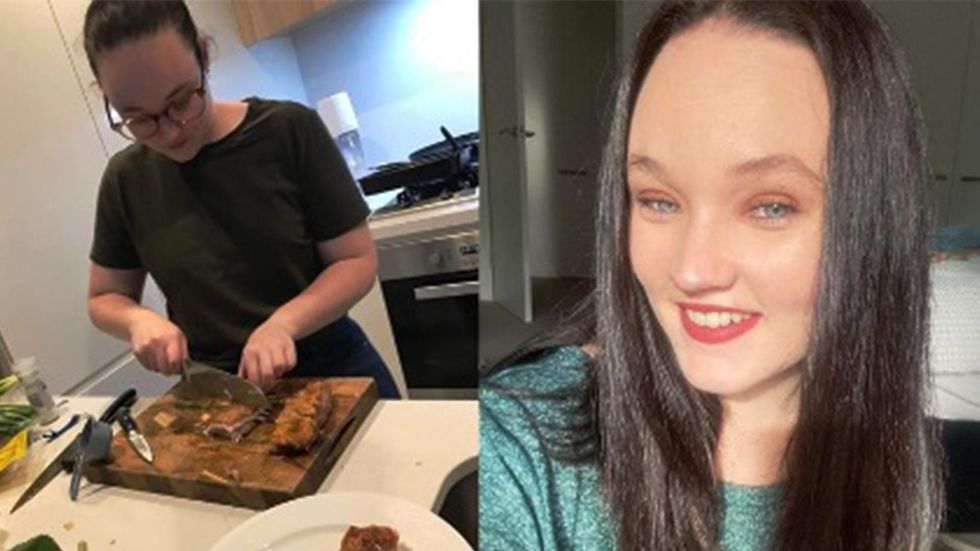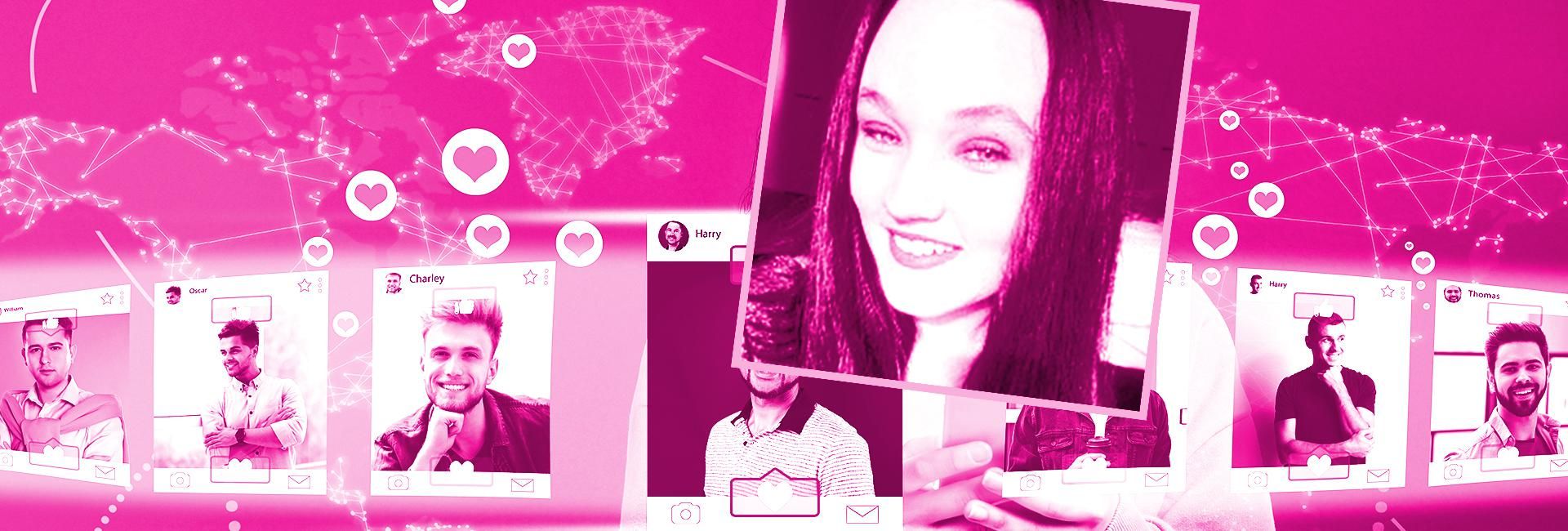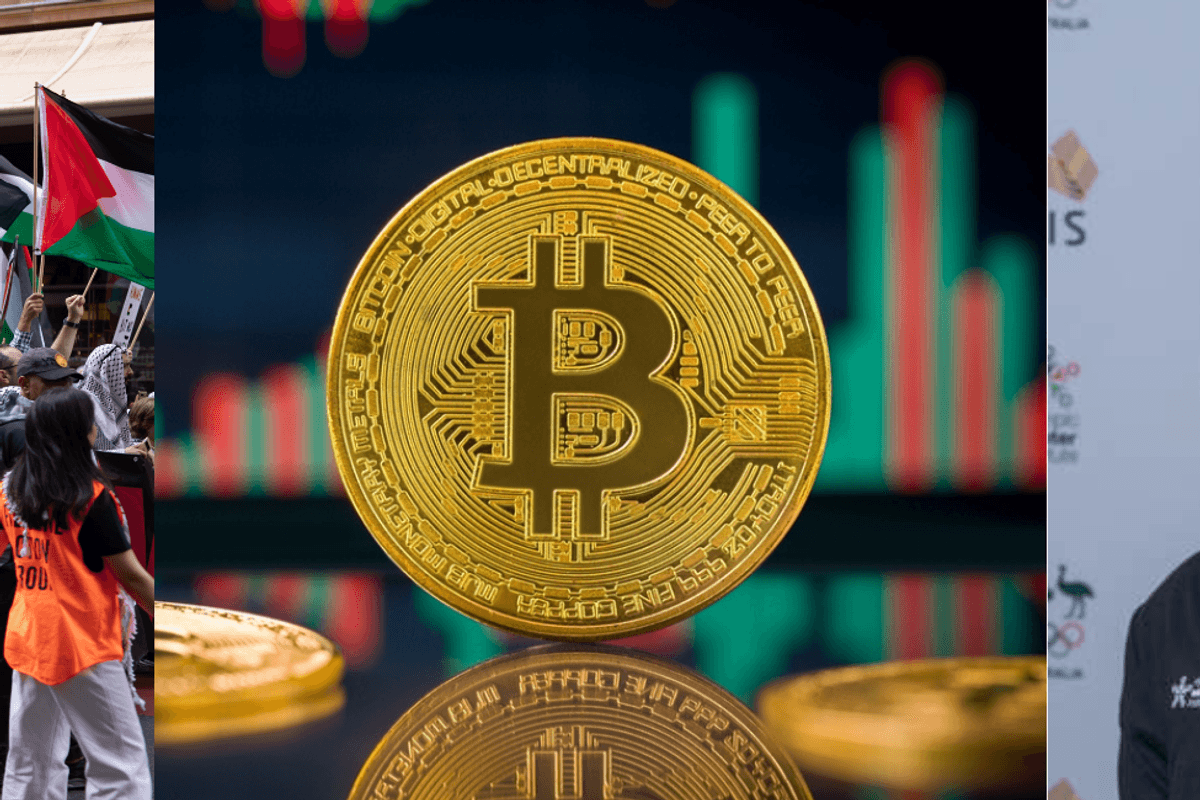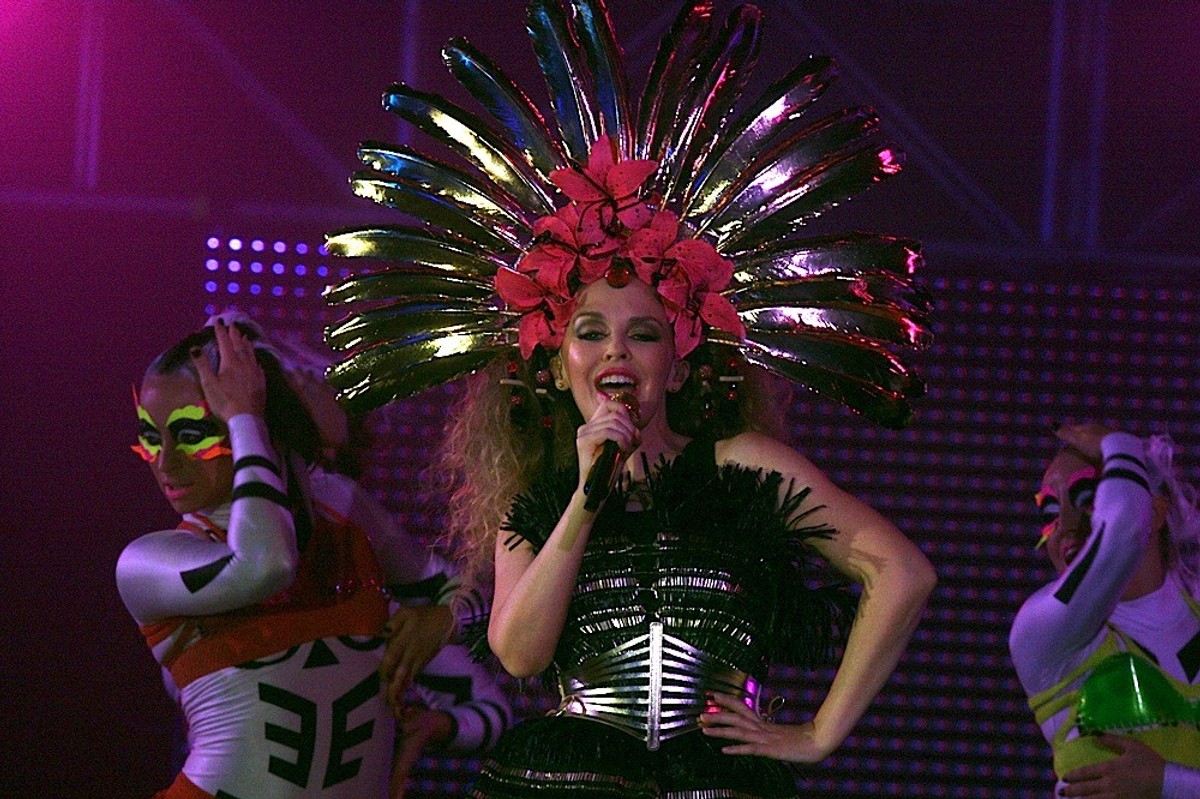From uploading the perfect picture to swiping right on a person based on their appearance, dating apps are hard-wired to commodify the women and men who use them.
Etta McEwan decided to join dating apps in April 2021 after ending a long-term relationship. In a matter of minutes, the 25-year-old had uploaded photos of herself and begun swiping, so beginning a journey which would commodify herself and everyone she interacted with.
“My pictures had to look a certain way for people to find me attractive. I couldn’t put my personality into what I was putting on Tinder… it’s all about your face, the way your body looks, where your curves sit.
“You’re always thinking about how can I make myself look better? How can I make myself more attractive or appealing so that people are going to want to swipe for me?” McEwan, who lives in Newcastle, explained.

Dating apps, similar to online shopping, offer endless variety, unlimited choice and convenience in the modern pursuit of romance but at the same time they confine their users to a “shallow marketplace”. A relatively new phenomenon, they have surged in popularity in the 10 years since Sean Rad created Tinder at a start-up hackathon in West Hollywood in 2012.
In the decade since then, the trend has swept the world. In Australia, 3.2 million users were actively seeking partners online, according to a December 2021 survey by Statista. Of that 3.2 million, the demographic group most open to engaging in online dating were millennials (26.1 per cent).
In the United States, engagement on dating apps reportedly reached a record high during the pandemic in July 2021 and a new study by Stanford sociologist Michael Rosenfield revealed meeting online, rather than through friends, has become the most popular way heterosexual US couples connect.
'It makes me feel like I'm just a tiny little cog in a big money-making machine.'
Behind the surge of popularity in dating apps such as Tinder, Hinge and Bumble is a multi-billion-dollar industry that uses data collection and algorithms to reshape how sex, romance and relationships develop in the 21st century.
Sai Kalvapalle, a PhD Candidate at the Rotterdam School of Management, believes people who engage with dating apps are essentially building a brand to market themselves. Kalvapalle’s research investigates the social psychological underpinnings and conceptualisations of dating as mediated by Tinder.
“We build a brand with all our social media, and we do it to an extent with the awareness that we’re going to be evaluated, but it is far more salient [on dating apps] because we are being evaluated in a more romantic context,” said Kalvapelle.
Participants in her research project compared Tinder to a “meat market” and “eating junk food”. The fast food analogy highlights the implicit ubiquity of capitalism on social relationships today. As with so much of consumer culture, dating apps provide instantaneous gratification where users are placed as commodities, selling and marketing themselves.
“Tinder commodifies what is inherently intangible, love and relationships, thereby creating a clash between the economic and the social,” Kalvapelle said in a Zoom interview with Newsworthy. “We need to boil our personalities and our appearances into one profile and put it on essentially this marketplace.”
Liam, 30, who wished to remain anonymous, started using dating apps in 2019 in an attempt to make new connections after moving to Perth. He described his initial experience as “dehumanising”.
“They [dating apps] set a very shallow market for who you are,” Liam said. “I'll match with somebody and there will be no further incentive to message them, or they don't reply to a message that I sent them, because they've moved onto the next person”.
“When I'm on there, and I'll see things like, ‘if you're under six foot tall, get out, I’m not interested’… We tend to compare ourselves to others and we have a tendency to feel objectified as well.”
A spokesperson for Tinder defended the app experience, saying the company advocates for a range of romantic connections with dozens of intentions and milestones, especially in the nuanced world of modern dating.
“Our members are free to decide what they want, and we’re here to help them find someone who wants the same thing,” the spokesperson said in an emailed reply to Newsworthy’s questions. “Tinder doesn’t dictate how any connection unfolds, we champion all the ways sparks can fly.”
In using dating apps, McEwan found there was dopamine and instant gratification attached to getting a new match or notification. “We feel value based on how many people are matching with us or swiping for us,” she said.
The rising popularity of dating apps has coincided with a shift of social norms. The interconnectivity smartphones offer has reformed our social practices in all spheres of life – including romance.
“People don't go up to people in bars anymore,” Kalvapelle pointed out. “When you didn't have a phone in your hand, you would just have a conversation, but now, that's kind of socially weird.”
In comparison to a more organic way of forming relationships in real life, dating apps provide an effortless, fast-paced experience with an abundance of opportunities that are devoid of commitment. Kalvapelle argued that such commodifying behaviours was largely due to how dating apps were inherently designed. “It’s meant for you to keep swiping…the general experience on the app is a game,” she said.
Apps such as Tinder profit from user engagement, displaying targeted ads every few swipes and carrying paid features that aid in finding the most suitable partner.
“It makes me feel like I'm just a tiny little cog in a big money-making machine,” Liam said. “Someone's lining their pockets, using my slots and data.” Despite this, Liam made a conscious decision to keep using the apps in hopes of drawing a positive experience and potentially meeting a long-term partner.
Learning to navigate against the current of objectification within these spaces can take time, but with clear intentions, it can pay dividends. Both McEwan and Liam were able to form long-term and meaningful connections on dating apps, but not before experiencing the psychological underpinnings of these platforms.
“The one thing I wish I knew, or the one thing I wish I could advise others to do is to trust your gut,” McEwan said, reflecting on one experience where she had “this uneasy feeling” about a match. “Hindsight's a really powerful thing.”
Odelia is a penultimate Law/Media (Journalism & Communications) student at UNSW and a social media producer at 9News. She's an avid reader who loves the beach, all things fitness, golf and travelling.






